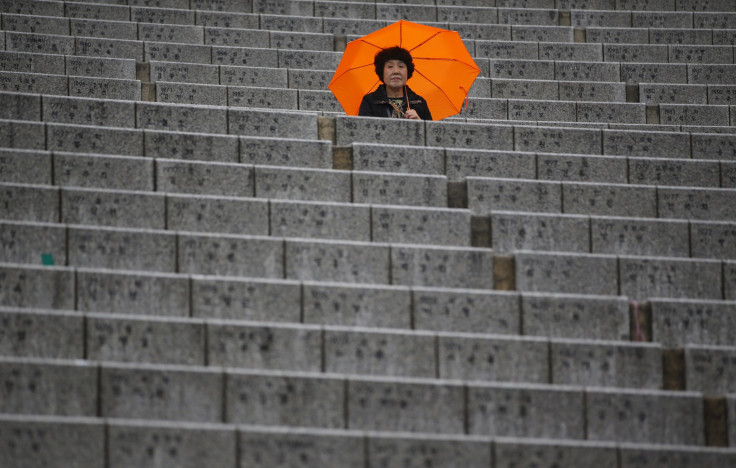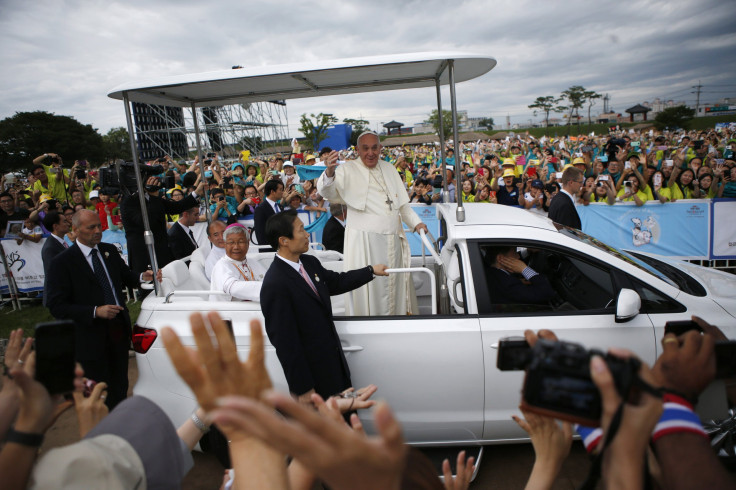South Koreans Losing Trust In Religion Despite Steady Support For Catholicism: Survey

South Koreans are rapidly losing trust in religion, but those who do keep faith tend to support Catholicism, the Korea Times reported. In a survey of 1,200 South Koreans 16 and older, the Jogye Order Institute for the Study of Buddhism and Society indicated respondents’ levels of trust in religion dropped to 11.8 percent from last year’s 25 percent. The survey showed 38.9 percent of respondents favored Catholicism as the most trusted religion, compared with 32.8 percent for Buddhism and 10.2 percent for Protestantism. Among clerics, priests were found to be more trusted than monks or pastors.
But although fewer people trust religion, the survey found 40.4 percent of respondents said religion’s influence over society had increased, whereas just 26.7 percent said its influence had decreased. Respondents also cited a lack of transparency in finances as the greatest problem with religion, but generally said religions “take care of and comfort the weak and the suffering.”

Although South Korea is not widely regarded as a Catholic country, approximately 5 million South Koreans -- 10 percent of the population -- are Catholic. But experts say the religion tends to be disproportionally represented throughout South Korea's social hierarchy, with those in elite classes more likely to support it.
Since the 1960s, Catholicism has been associated with progressivism in South Korea after the church played a resounding pro-democracy role when the country was run by a military dictatorship. The religion largely was credited for the shift from military rule to democracy in 1987, and has been popular among South Koreans ever since.
In August 2014, Pope Francis visited South Korea as part of his acknowledgement of Asia’s growing importance to the Catholic Church. His visit was criticized most vigorously by South Korea’s Protestants, who expressed concern about Catholicism’s heavy hand among the 29 percent of the country who identify as Christians.
© Copyright IBTimes 2024. All rights reserved.




















